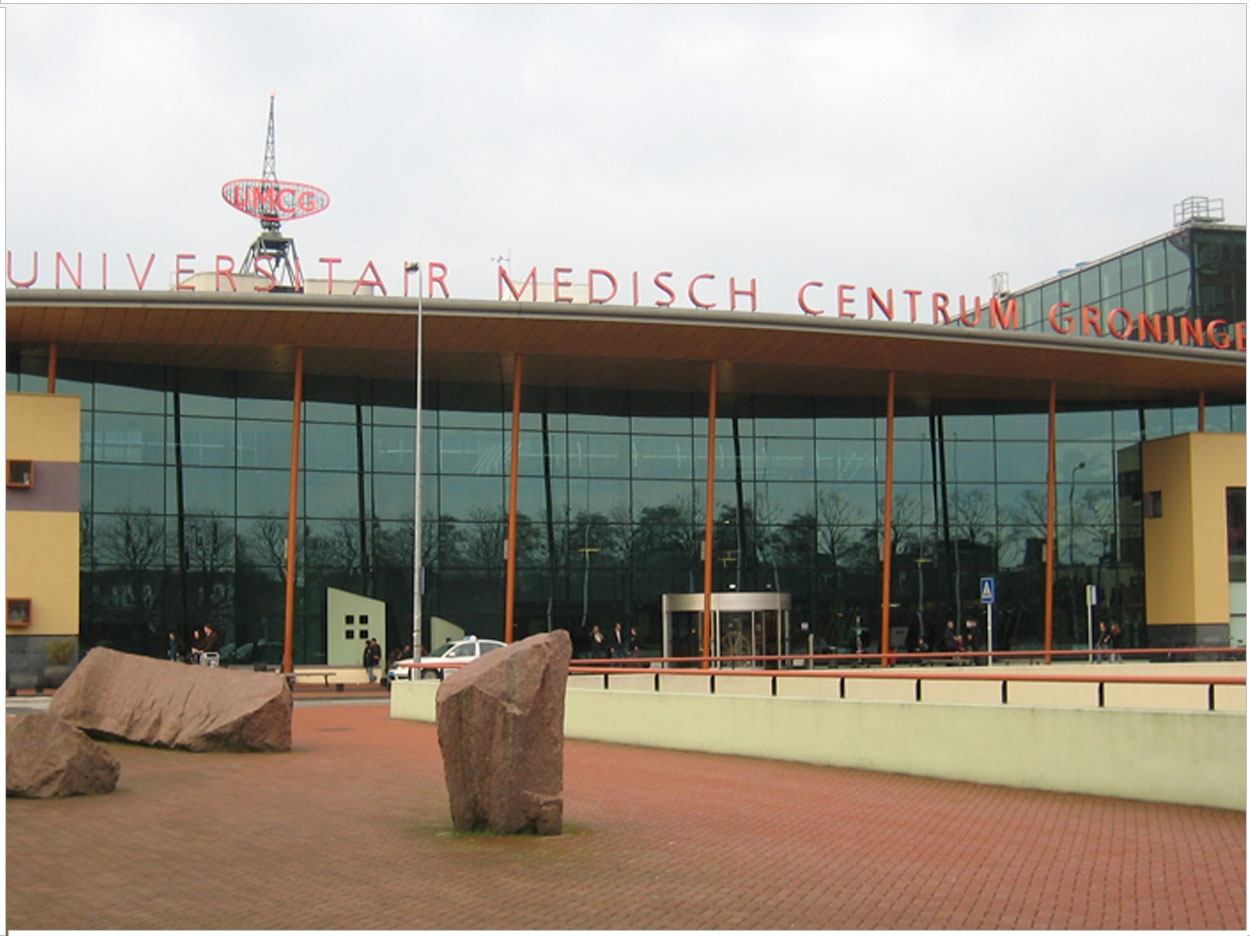
Patients with tumors in the head or neck may be treated with radiotherapy. In 40% of these cases, though, the salivary glands lose proper function. Dry mouth follows, which could lead to discomfort, difficulties in speaking and eating, and severe tooth decay.
Fortunately, Peter van Luijik and Robert Coppes of the University Medical Center of Groningen in the Netherlands have developed a technique that spares the stem cells in the salivary glands. The new treatment is expected to improve the quality of life for patients.
“New radiation techniques, such as proton therapy, allow us to irradiate tumors more accurately and even target specific parts of an organ. It is therefore important to find out which parts we should irradiate and which we should avoid,” said Coppes, a professor with the center’s departments of radiotherapy and cell biology.
“We discovered a highly sensitive area in the salivary gland. Irradiating this area causes much more damage to the gland than irradiating other areas,” he explained.
The researchers were investigating how stem cells could be used to repair damage to salivary glands after radiation. They were surprised to find that these stem cells were present in precisely the same part of the salivary gland that was found to be sensitive to radiation. They identified this area in mice, rats, and humans.
Van Luijik, a biophysicist, studied the computerized tomography (CT) scans of patients and found that irradiating the area where the stem cells were present increased the risk for dry mouth. He then developed a plan for minimizing radiation to the most sensitive spot in the salivary gland during radiotherapy. A double-blind randomized trial has been launched to compare this radiation method with the traditional method.
“We hope that this method will become standard practice in the treatment plan so that the sensitive area of the salivary gland can be avoided. Although this is not always possible, it could significantly reduce the number of patients with a dry mouth,” said Van Luijik. “Proton therapy may help us to refine the concept even further in the future.”
Related Articles
HPV-Positive Cancer Patients Need Less Chemo and Radiation


